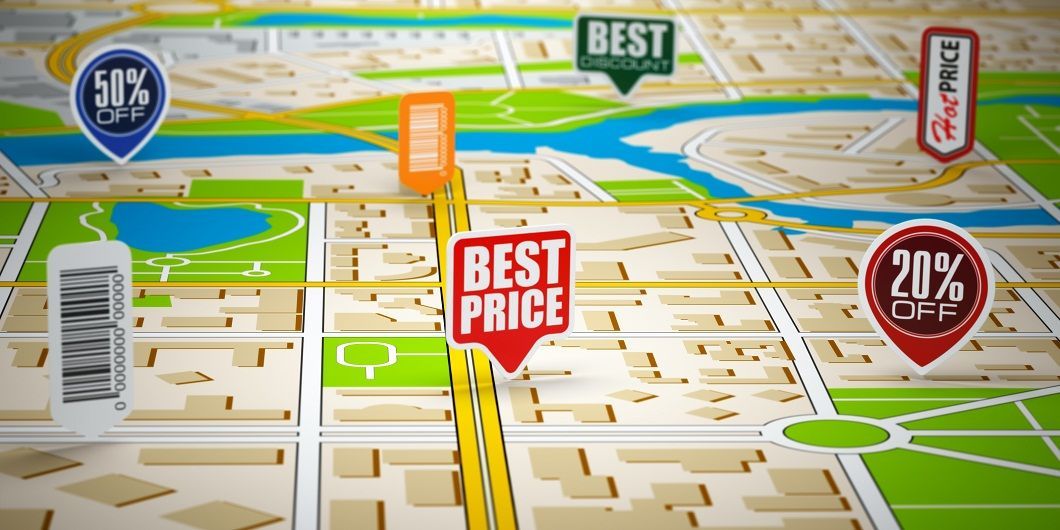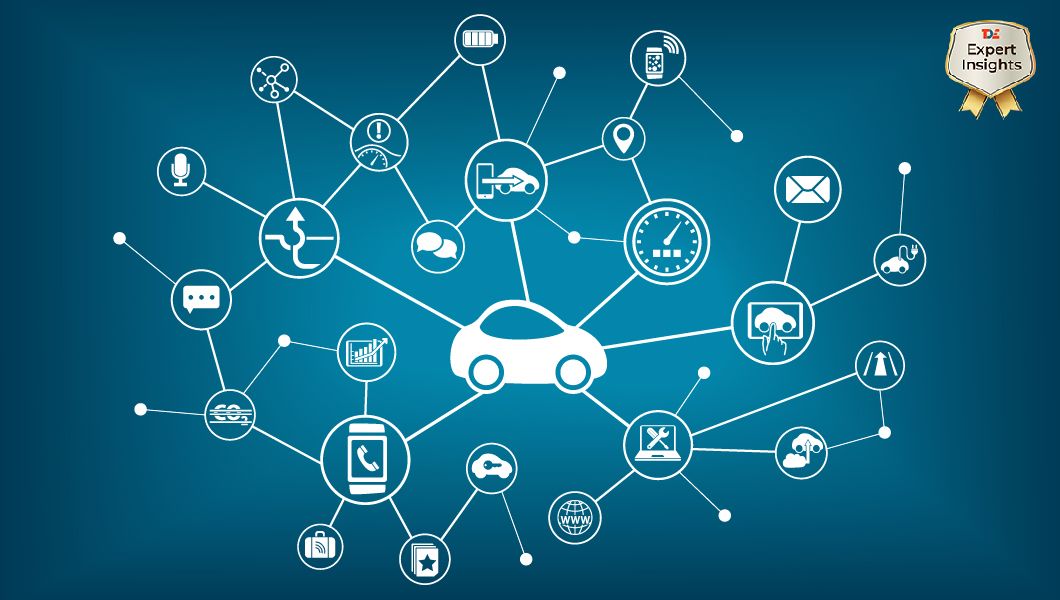How Marketers Can Use Location Technology to Convert Opportunities

Location-based marketing has been a constantly evolving field since the mainstream adoption of smartphones. It is always beneficial for business stakeholders to know a potential consumer’s location, in order to provide better personalized experiences.
The following are the challenges which come with this new age technology, and the opportunities it offers:
Challenges
Users have to choose
Around 40% of all smartphone users hesitate to share their location with applications and this means that marketers can only target a fraction of their audience.
Pertinence
When users are constantly requested to share their location by applications or websites or social media platforms, they may feel deterred. It has to clear to users at the very beginning, why sharing their location will be beneficial for availing certain services.
Privacy
Privacy concerns are the prime reason why users refuse to share their location. They feel that businesses might be sharing their data and location with other services, or continually send them ads. Businesses therefore need to clearly specify why they want a consumer’s location, how it will benefit the person and that it will not be shared with other enterprises.
Getting Noticed
Receiving a stream of ads, texts and requests for disclosing location usually put off consumers and they switch off their location. Businesses need to ensure they get noticed first, and then provide the user with valid reasons to provide their location data.
Accuracy
Consumer location has to be accurate in order for the location-based marketing to be truly effective. The factors which may lead to inaccurate data are moving devices, faulty method of collecting the data, high urban density, bad interpretation of data or backdated data.
Pattern recognition technology can be used to avoid these issues and get correct results.
Opportunities
Providing Beneficial Content
Knowing a user’s location allows a business to send content which has genuine value for the consumers. Businesses can offer personalized content and offers, and even build a relationship and develop customer loyalty.
Improved Conversion Rate
Location-based marketing and advertising has been proven to be 20 times more effective than generic ads. Leveraging is technology can lead to much higher conversion rates, and build customer loyalty over a period of time.
Users will gradually get accustomed to the idea of location-based marketing for better prospects and content, aiding both businesses and consumers to benefit from it.


 By
By 








